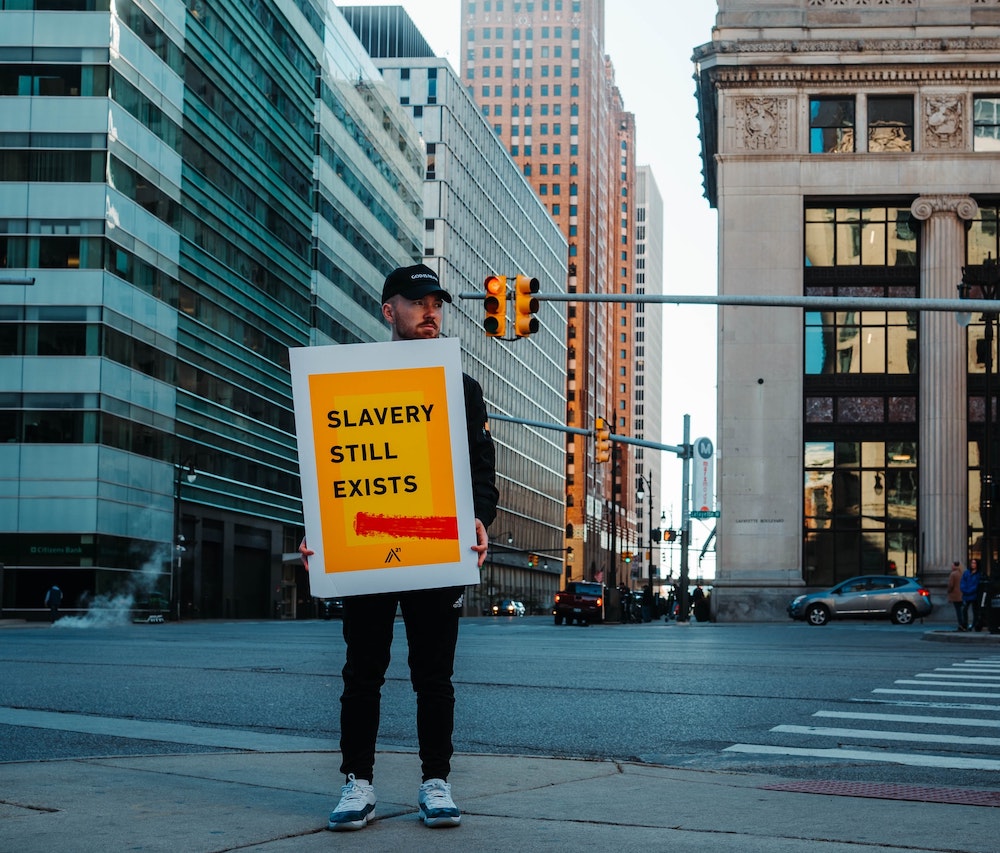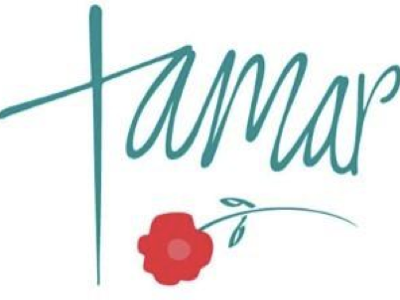With reports from the Business and Human Rights Resource Centre that illicit profits from modern slavery in corporate supply chains amount to an estimated sum of $150 billion dollars, slavery is still a very much a part of our modern-day working world.
Countries are three times richer in terms of global GDP than they were 30 years ago, yet 24 million people globally are reported to be in forced labour, and we have historic levels of inequality.
To a lay person living a relatively normal life in the UK, like myself, it is hard to imagine that modern slavery in the working corporate world still even exists, and I have to admit that prior to researching this area, I was quite oblivious to facts on modern slavery and equally shocked by the statistics.
Having heard hearsay over the years, like that expensive trainers are made by children in the middle east, and that designer goods are made in sweatshops in the far east, having not been exposed to wide-spread reports in media spaces that we are so often exposed to, via TV, advertising and news reports, I felt quite ignorant on the subject of modern slavery in the corporate world.
In my podcast with senior Barrister Felicity Gerry QC on Modern Slavery & The Corporate World, even more came to light than I could have imaged. The truth is, is that modern slavery in the supply chains of the corporate working world is rife, and very much still going on.
The Charity Unseen, has reported that forced labour remains the top exploitation type that has been identified by the Modern Slavery Helpline. If we think that modern slavery doesn’t take place within work places in the UK, then we are very wrong. The breakdown of labour exploitation in the top 10 sectors in the UK is as follows:
- Car Washes
- Beauty / Spas
- Construction
- Hospitality
- Agricultural and Farming
- Retail
- Manufacturing
- Care
- Transportation and Logistics
- Entertainment
I for one use at least seven areas of those businesses listed above, and clearly most of us do use the majority of the top ten services listed above.
But how do businesses become aware and tackle corporate slavery in their supply chains, particularly if they are large? What are the penalties to businesses who have slavery in their working practices, whether it is known to the various management levels or not?
The UK Government has laws, rules and regulations that businesses must follow in putting in place and ensuring that ethical practices have been considered and that are being implemented throughout their layers and certainly within their supply chains. Together with strict corporate compliance, that also relates to Human Rights issues, there are regulatory requirements that cross over with Health and Safety regulations as well as with our employment laws, that all corporates businesses, large or small in size, should constantly monitor.
To tackle the disturbingly high numbers of ongoing slavery in the corporate world, it is certainly time that corporates businesses take a closer look within their structures, to be able to identify areas of slavery that could exist in their supply chains, and to be able to put in to place the necessary processes to tackle any identified issues as quickly as possible.
Corporate business must take accountability and responsibility for every area of its business, and ask questions like, where are they procuring goods from? Are the layers in its business activities and purchasing lines all transparent? Do they have specific reporting mechanisms to help quickly identify any lines of procurement or purchasing that has any possible associations with slavery?.
As corporates grow, some faster than others, it can easily be a forgotten area of importance that deserves great attention, and even though putting procedures, people and practises in place will no doubt eat in to the profits of a business, creating further expenditures in doing so, it is a practise that a corporate business cannot afford not to have in place. The potential risk of damage to any business’s reputation, together with the negative knock-on effect on its income and its sales, if the business is exposed to having modern slavery practises within their business and even far down their supply chains, could be catastrophic to any business. It’s simple, corporate compliance is not optional, and delivering a great
service or a product has to come from businesses who do comply with legal and regulatory requirements and ensuring the best quality management of their health and safety regulations, staffing and supply chain procurement processes.
To listen to our podcast on Modern Slavery & The Corporate World, follow the link above or visit our website at www.getlegallyspeaking.com.
 About the author
About the author
Hatti Suvari is the consumer advocate and podcast host empowering the British public with their rights. Motivated by a passion to democratise the public’s access to justice, Hatti created Get Legally Speaking,
the UK’s first and leading legal podcast. Since realising those around her who weren’t immersed in the legal world were falling victim to expensive legal costs and myths in the system, Hatti became passionate about debunking, and demystifying the law.
WeAreTheCity covers the latest female centric news stories from around the world, focusing on women in business, careers and current affairs. You can find all the latest gender news here.
Don’t forget, you can also follow us via our social media channels for the latest up-to-date gender news. Click to follow us on Twitter, Facebook, Instagram, and YouTube.







